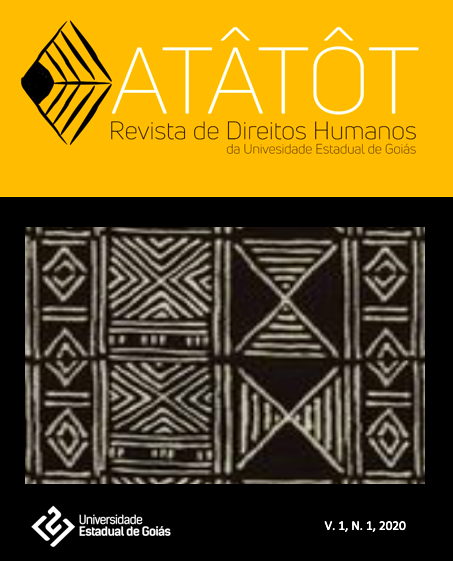Women's Struggle for the Decriminalization of Abortion in Brazil and Argentina
Abstract
The choice of the research topic was due to the effervescence of the debate and mobilizations in favor of the decriminalization of abortion in 2018 in Brazil and Argentina. It aims to analyze from a political point of view how disputes have developed in the legal and social environment, as well as to understand the strategies that have been adopted by feminist movements and groups opposed to the decriminalization of abortion. The study initially presented a brief analysis of theoretical concepts about patriarchy, gender and their relationship with the capitalist system in Latin America, in addition to surveying the history of the constitution of reproductive rights as human rights. We then evaluate how criminalization is structured in the criminal codes in force in Brazil and Argentina, subsequently going through an individual analysis of ADPF 442 and the bills on the subject in the years 2018 and 2019. Finally, we seek to understand the intervention of the concepts religious beliefs about abortion in these countries, as well as the agenda in the last two electoral processes. We start from the methodological point of view of bibliographic and documentary research, with consultations to legislative sources, quantitative research, news and reports on the current context, supported by a materialist and dialectical perspective. We had as theoretical references important analyzes of feminism and reproductive rights such as Heleieth Saffioti (2001, 2004, 2009. 2011), Juliet Mitchel (2006) and Angela Davis (2016), Débora Diniz (2008, 2016), Miriam Ventura (2009 ), Tamara Amoroso Gonçalves and Thais de Souza Lapa (2008).
Downloads
Published
Issue
Section
License
Copyright (c) 2020 Atâtôt - Interdisciplinary Journal of Human Rights (UEG)

This work is licensed under a Creative Commons Attribution-NonCommercial-NoDerivatives 4.0 International License.










